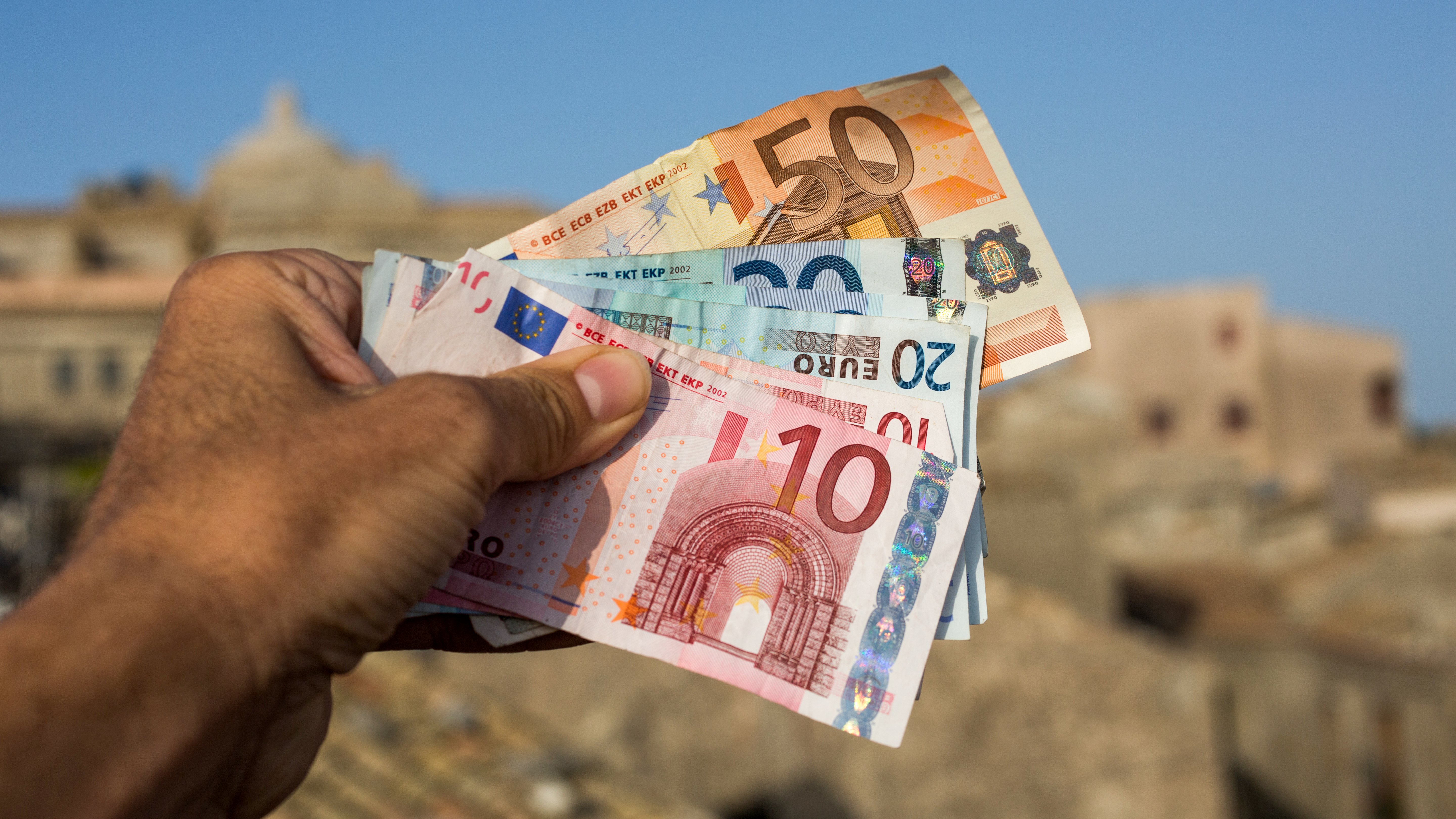When Christine Lagarde, the managing director of the Global Economic Fund, visited Nigeria this week, she referred to more flexibility on the exchange fee, encouraging individuals who consider the naira to be devalued again quickly. Her visit positioned an uncomfortable spotlight on the fiscal woes of Africa’s big” est oil producer. Many Nigerians feel we are in a hard corner, and concern is developing over what President Muhammadu Buhari will do to plug the forex gap, boost sales, and diversify a financial system that Lagarde stated is too reliant on oil.
Before Lagarde touched down in Abuja, Nigeriaâ€â,” central financial institutions had been struggling to fulfill the demand for forex while maintaining ok reserves. The usaâ€┠¢s ext” real reserves dipped from $43.5bn (£30bn) in January 2014 to $29.4bn on the quit of 2015. Approximately 90% of Nigeriaâ€┠‘s” ign exchange income is tied to oil revenues. The drop in charges below $35 a barrel has resulted in foreign exchange profits from this commodity tumbling from $20bn within the 0.33 area of 2014 to $11.6bn within the 1/3 sector in the final 12 months (pdf).

The critical financial institution governor, Godwin Emefiele, has so far imposed controls, drawing up a listing of gadgets that can’t be contorted with officially sourced overseas currency. Banks are not taking forex on the counter, and Nigerians can withdraw no more than $three hundred an afternoon at channels positioned overseas with their naira-denominated playing cards. There are also limits on how much foreign currency they can spend online. Those measures have enraged Nigerians, with a few lending on holiday or in cyberspace and unable to pay for inns or shopping. Agencies have to wait weeks to liquidate forex orders, hurting capital mobility.
And nonetheless, the demand outstrips supply. The important financial institution became able to meet most effectively a tenth of orders for forex in the 1/3 area (pdf), with a call for growing to $61bn. In comparison, supply to banks and other certified operators stood at $6bn, in the long run fuelling the parallel  “black “€ market. The disparity between the authentic change rate and black market prices has risen to more than 35%. Still, the central financial institution insists it will not officially devalue the forex. Its dedication to maintaining this hard grip on the alternate fee is already affecting gross home product, with a boom down to 2. eighty-four% within the third quarter of last year compared with 6.23% 12 months earlier.
The wider photo is that investor appetite stays vulnerable in comparison with levels visible earlier than Buhariâ€┠‘s ele” in March. Overseas investors are involved in the hazard of devaluation but additionally laid low with the broader withdrawal of funds from rising markets due to the usa Federal Reserveâ€┠¢s cho” ce to elevate hobby fees an ultimate month. The central bank has tried to apply monetary easing to spark a credit score increase in Nigeria. It has decreased the benchmark interest charge to eleven and cut lending controls on deposits to twenty, especially concentrating on production and infrastructure lending.
However, despite the easier gntry to the credit score, Nigerian marketplace leaders are worried. If it takes weeks for them to get forex through legit assets, it hurts their capability to perform and could lead to significant job losses. Banks seeking to hedge their risks have shown extra interest in government debt, projected to reach $four.Seven bn this year. For now, Nigeria has three choices. The central bank could retain its selective delivery of dollars â₀œ a cove that this is hurting growth, slowing foreign delivery from non-oil a, assets and complicating importersâ€⠓¢ ability to access forex. Airlines are already making it tough to repatriate sales from overseas tickets.
The trouble is that with little forex coming in, and with reserves already standing at simply $29bn, the central bank should quickly find itself hitting the reserve adequacy prescription, beneath which it ought to hold forex reserves to cover six months of imports, or $27bn. The second option can be to alter the  “charge “¢â‚¬ of the naira. This devaluation is keenly expected with the aid of many overseas investors. Still, some analysts have warned it can cause extra speculative exchange, and feature puzzled about how the nairaâ€⠓¢s â⠓¬Å “fair f “e†can be determined. Till now, the government has rejected this route of movement. However, it can be pressured to reconsider. Buhariâ€┠¢s ver “last option is to flow the foreign money, permitting markets to determine the alternate charge. The modern-day controlled go-with-the-flow gadget, which pegs the legitimate charge at N197 to $1, has created opportunities for people to profit from the margin among the official charge and black market quotes.











